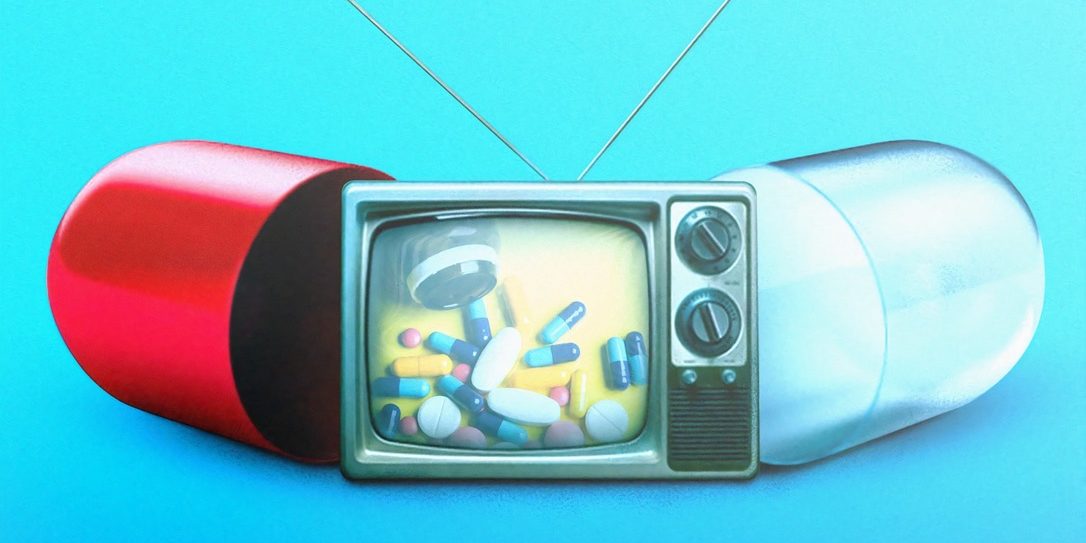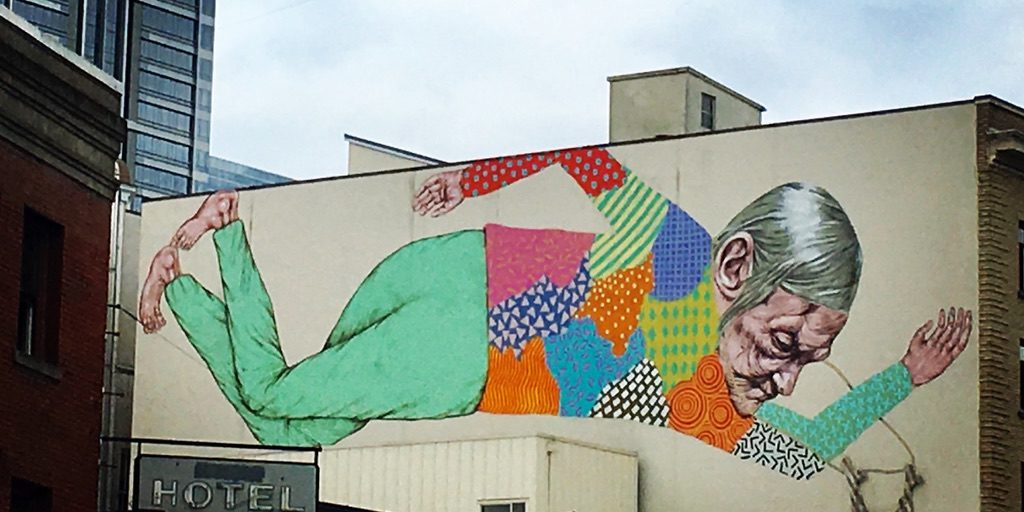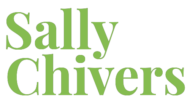
Online course at Trent University, Fall 2021
GESO 2002H Health Humanities
As COVID-19 crept across continents, frontline health professionals used Facebook to share tips on opening airways in the absence of ventilators, put together TikTok dance videos, performed choral arrangements via zoom, and tweeted their agony over seemingly impossible situational ethics.
Members of the public blogged about their experiences with the virus, created art hubs to connect across physical distance, and reposted advice about how to stay physically and mentally well during a global pandemic.
It was the first moment in many people’s lifetime that the ability to interpret, understand, and follow public health messaging was a matter of life and death. Those without experience having to stay home learned from those in the disability community, for example, who have a wealth of expertise to share on how to connect and thrive from the confines of home.
These perspectives and approaches poignantly come together to demonstrate the centrality of a human response to a health event, often expressed through the arts.
These examples collectively illustrate a central motivation behind this foundational course in health humanities which emphasizes the importance of health to everyday life, including but going beyond the clinical encounter.
We will explore the role of the arts and media in illuminating aesthetic, ethical, political, and contextual elements of health. Students will develop critical thinking and creative skills to unearth the assumptions that affect how people navigate multiple health care systems.
We will draw on various cultural artifacts (literature, film, comics, social and traditional media, visual art, music, storytelling) to learn about concepts central to health in everyday life and death, such as diagnosis, disease, discrimination, and disability. Students will finish the course having created their own arts-based approach to a health humanities question.
See the gallery of final assignments by Fall 2020 students here.

Online course at Trent University, Fall 2021
GESO 2002H Health Humanities
As COVID-19 crept across continents, frontline health professionals used Facebook to share tips on opening airways in the absence of ventilators, put together TikTok dance videos, performed choral arrangements via zoom, and tweeted their agony over seemingly impossible situational ethics. Members of the public blogged about their experiences with the virus, created art hubs to connect across physical distance, and reposted advice about how to stay physically and mentally well during a global pandemic. It was the first moment in many people’s lifetime that the ability to interpret, understand, and follow public health messaging was a matter of life and death. Those without experience having to stay home learned from those in the disability community, for example, who have a wealth of expertise to share on how to connect and thrive from the confines of home. These perspectives and approaches poignantly come together to demonstrate the centrality of a human response to a health event, often expressed through the arts.
These examples collectively illustrate a central motivation behind this foundational course in health humanities which emphasizes the importance of health to everyday life, including but going beyond the clinical encounter. We will explore the role of the arts and media in illuminating aesthetic, ethical, political, and contextual elements of health. Students will develop critical thinking and creative skills to unearth the assumptions that affect how people navigate multiple health care systems. We will draw on various cultural artifacts (literature, film, comics, social and traditional media, visual art, music, storytelling) to learn about concepts central to health in everyday life and death, such as diagnosis, disease, discrimination, and disability. Students will finish the course having created their own arts-based approach to a health humanities question.
